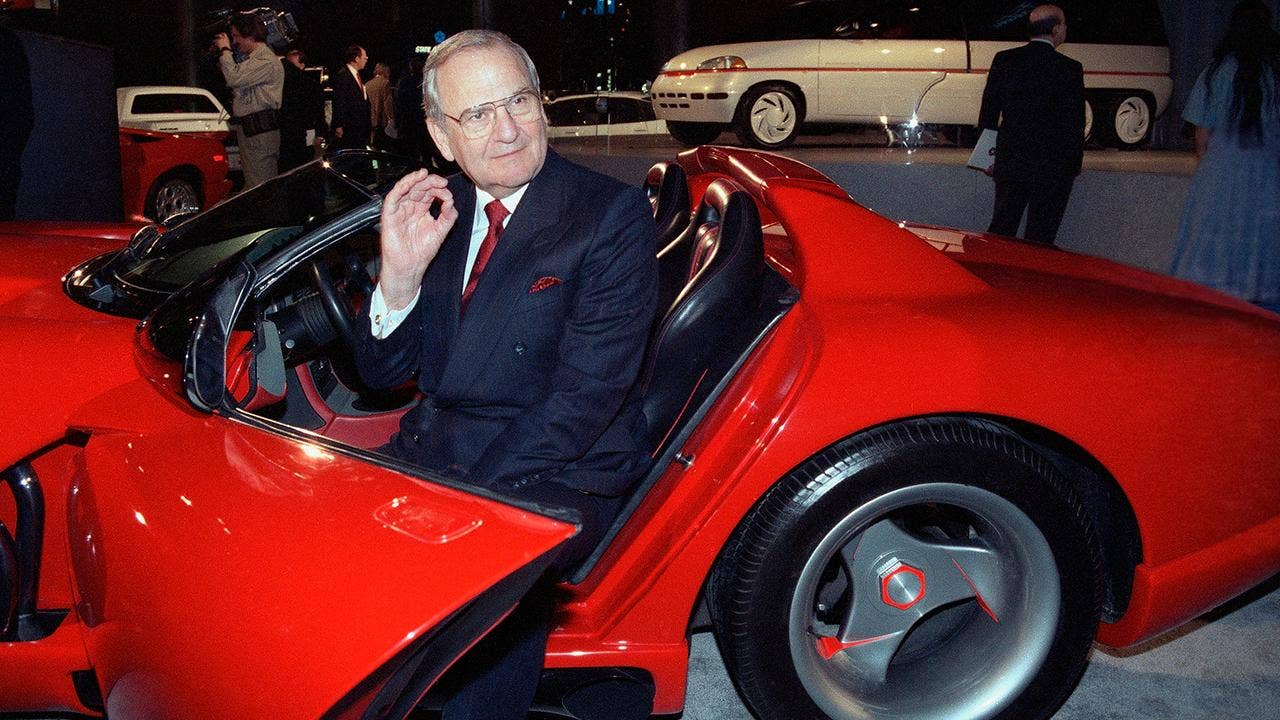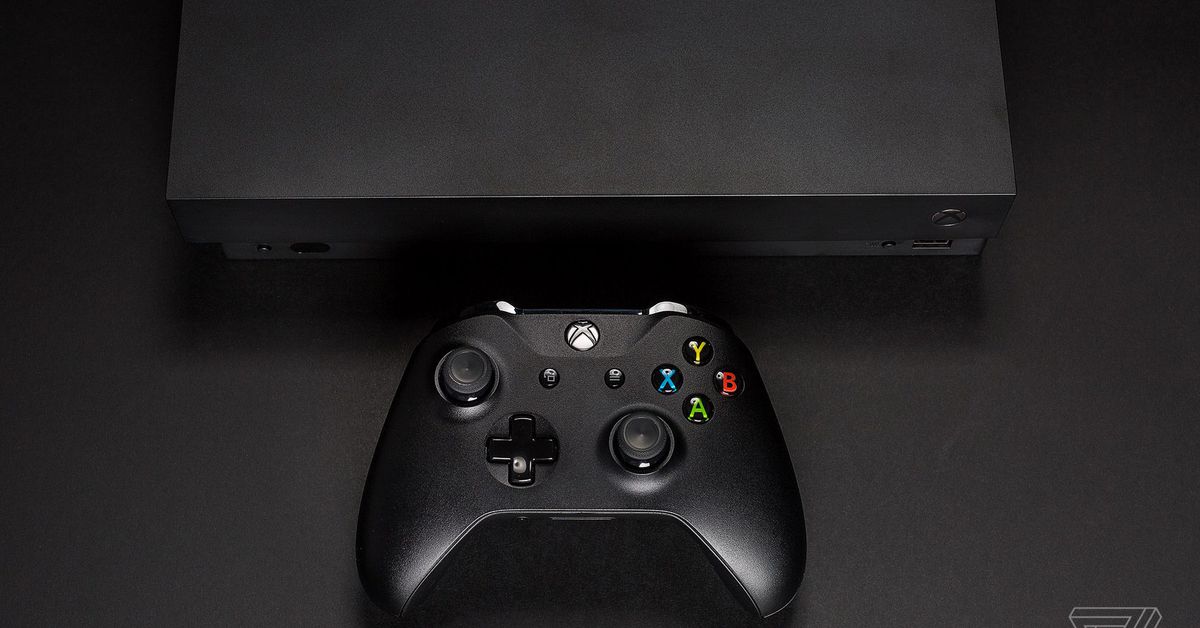Legendary automotive executive Lee Iacocca died on Tuesday at the age of 94.
The son of Italian immigrants, Iacocca reached a level of celebrity matched by few auto moguls.
During the peak of his popularity in the '80s, he was famous for his TV ads and catchy tagline: "If you can find a better car, buy it!" He also wrote two best-selling books and was courted as a presidential candidate.
Though he is known for his successes, he also suffered failures, including being fired from his position as Ford president in 1978. However, he soon went on to Chrysler, where he helped save the automaker as it was drowning in debt.
In the wake of the auto icon’s death, here are a few of Iacocca’s greatest accomplishments.
He made the Ford Mustang popular
Iacocca’s first burst of fame came with the debut of the Mustang.
In 1960 at the age of 35, Iacocca was the vice president and general manager of the Ford division.
Four year later, when the Mustang was released in 1964, he had convinced his superiors that Ford needed the affordable, stylish coupe to take advantage of the growing youth market.
He broke from tradition by launching the car in April rather than the fall. Ford invited reporters to a 70-car Mustang rally from New York to Dearborn, which generated huge publicity. The car made the covers of TIME and Newsweek the same week.
Six years later, he was named Ford president and immediately undertook an organizational restructuring to cut costs as the company struggled with foreign competition and rising gas prices.
“Lee Iacocca was truly bigger than life and he left an indelible mark on Ford, the auto industry and our country," Bill Ford, chairman of Ford Motor said upon Iacocca's passing. "Lee played a central role in the creation of Mustang.”
He helped save Chrysler in the 1980s
Though Iacocca was fired from Ford in 1978, he was strongly courted by Chrysler and helped cement its turnaround in the 1980s.
In 1979, Chrysler was floundering in $5 billion of debt. It had a bloated manufacturing system that was turning out gas-guzzlers that the public didn't want.
When the banks turned him down, Iacocca and the United Auto Workers union helped persuade the government to approve $1.5 billion in loan guarantees that kept the No. 3 domestic automaker afloat.
Bud Liebler, Chrysler’s former spokesman said Iacocca is the last of an era of brash, charismatic executives who could produce results.
"Lee made money. He went to Washington and made all these crazy promises, then he delivered on them," Liebler said.
Iacocca wrung wage concessions from the union, closed or consolidated 20 plants, laid off thousands of workers and introduced new cars. In TV commercials, he admitted Chrysler's mistakes but insisted the company had changed.
The strategy worked. The bland, basic Dodge Aries and Plymouth Reliant were affordable, fuel-efficient and had room for six. In 1981, they captured 20 percent of the market for compact cars. In 1983, Chrysler paid back its government loans, with interest, 7 years early.
He introduced the minivan
In 1984, just after the automaker paid back its government loans, Iacocca introduced the wildly successful Dodge Caravan and Plymouth Voyager minivans and created a new market.
Bob Lutz, Chrysler’s former head of product development and Iacocca’s colleague, told CNBC that the minivan is what saved the company, even though they had colleagues who opposed the idea.
“Lee kept saying, 'It will work, it will work,'” Lutz told the outlet. “So we transformed the plant in St. Louis and once it was up and running, we sold out of production almost immediately. Lee was right.”
He bought American Motors
Even though Chrysler was out of debt and seemed stable, Iacocca decided to purchase American Motors in 1987.
Although the $1.5 billion acquisition was criticized at the time, AMC's Jeep brand has become a gold mine for now Fiat Chrysler Automobiles as demand for SUVs surged.
“Lee was an intelligent risk-taker,” Lutz told CNBC. “Look at the decision to buy American Motors. If we had not done that deal, Chrysler never would have acquired the Jeep brand, which would go on to become a big part of Chrysler’s success.”
CLICK HERE TO GET THE FOX BUSINESS APP
He headed a campaign to restore the Statue of Liberty and Ellis Island
In 1982, Iacocca was chosen by then-President Ronald Reagan to lead the Statue of Liberty-Ellis Island Foundation, which oversaw the renovation of the statue and the reopening of Ellis Island as a museum of immigration.
He said he accepted the position as a way to honor his parents, who were Italian immigrants, according to Reuters.The foundation raised more than $350 million, which was more than double its initial goal, the outlet reported.
The statue renovation was completed in 1986 and the museum on Ellis Island was opened in 1990.
FOX Business’ Ken Martin and The Associated Press contributed to this article.
Let's block ads! (Why?)
https://www.foxbusiness.com/business-leaders/lee-iacocca-greatest-accomplishments
2019-07-03 16:00:28Z
52780325474949





